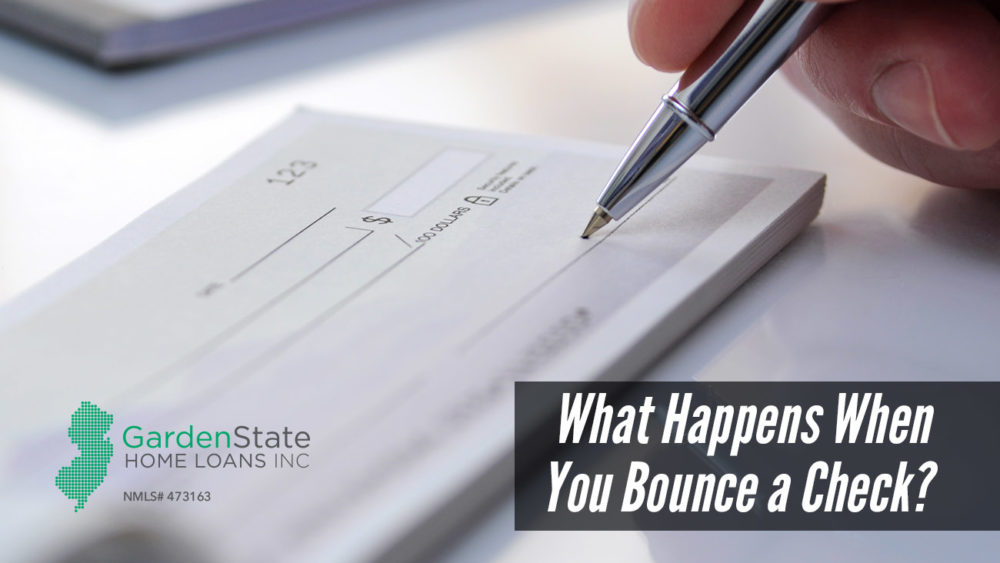Bouncing a Check
Financial mistakes happen. One of the most frustrating is a bounced check. A check bounces when there is not enough money in your checking account to cover the payment.
Why does a check bounce?
There are several reasons that a check can bounce. An automatic payment may have been deducted from your account, your paycheck was later than usual, or your account was locked after using your debit card are common reasons a check may bounce.
What if you realize your check is going to bounce?
If you realize your check is going to bounce, but it hasn’t yet, you may be able to stop it. Once you realize, put money into your account immediately. The fastest way to get money into your account is to go to the bank and put in the cash in person. It usually takes a few days for a check to hit your account, so you have a little time to correct your mistake.
What fees do you incur?
A bounced check costs you. Firstly, you’ll have to pay an overdraft charge or a non-sufficient funds fee to your bank. This usually amounts to $35. Additionally, you’ll most likely have to pay a fee to the party you wrote the check to as they will get a fee for depositing bad checks. They will pass off the charge to you. If the party tries to re-deposit the check and you have not funded your account, you’ll have to pay another round of fees.
What happens to your credit report?
While a bad check doesn’t necessarily show up on your credit report or lower your credit score, it can. However, if your check was for a loan payment, your credit can suffer, as the bounced check means the payment wasn’t made. This means that you might end up missing or being late for a monthly payment. If you leave these payments unpaid, the collection agency will likely report the debt to the credit bureaus, which can result in a lower credit score.
How do you prevent bounced checks?
There are many things that you can do to prevent you from bouncing checks. Some of the most common are:
- Balance your account. To balance your account, you need to know how much you have and how much is going to leave your account. Be sure to include any pending payments, outstanding checks, or anything that automatically transfers out of your account.
- Watch your balance. Sign up for alerts so that you know how much you are spending, and you’ll know about issues before it’s too late.
- Keep a cushion. Keep extra money in your account in case something unforeseen happens, such as a late paycheck.
- Pay with a debit card. If you can’t afford something, you’ll know right away with a debit card. This will be especially helpful if you are continuously bouncing checks.


Comments are closed.